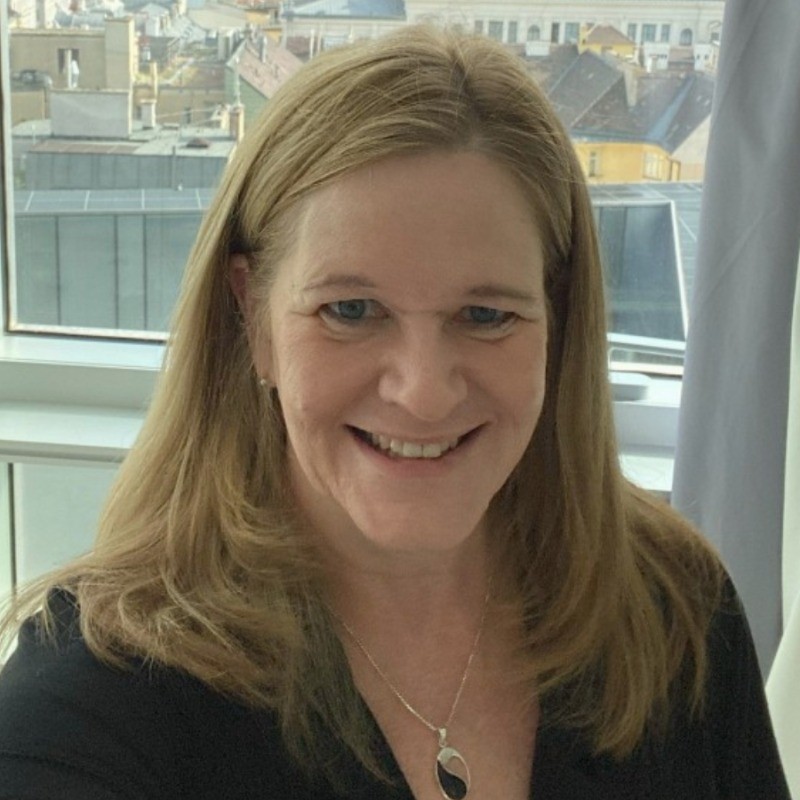Jeff gulped. He could feel sweat breaking out on his forehead, but he wasn t about to wipe it off, not with the whole family watching. This had been his idea. But now it
seemed like such a big decision.
Well? Jeff s dad Dale asked. Are we going ahead with this variable-rate fertilizer or not?
Six weeks ago it had seemed simple. Jeff had gone to his father with a proposal, expecting Dale to put up a fight or at least a good debate. Jeff had prepared all his arguments. The equipment came installed with the new tractor Jeff said. And I ve done some research. Three different guys I went to school with in Saskatoon used this company last year, and they were all happy. Jeff wanted to have Echelon develop a custom fertilizer plan for Hanson Acres, based on their production history, their target yield, and the organic matter seen by satellite photos.
Read Also

‘No agenda, no attenda’: How to professionalize your family farm meetings
Establishing meeting ground rules can help a farm family find ways to communicate that work for the business and the family.
I took a look at the plan they made up for my friend Jason s farm, Jeff explained. There were some fields where Jason needed to use a bit less fertilizer in total than he would normally, and some where he had to add a little bit more. But by changing the rate within the field, Echelon figured he could make better use of the fertilizer. They made him a shiny binder, Jeff passed around some pages he d photocopied in his friend s office. See here, he said, pointing to the numbers at the bottom of the page. Echelon thought Jason could get canola yields about 10 bushels an acre higher in some fields.
And how did that work out for him? Dale asked.
It s hard to say, Jeff admitted. Jason was in the same boat as us last year. It was too wet to seed.
Ed hadn t surprised anyone when he d said, We re already spending too much money on fertilizer. Ed is Dale s father, Jeff s grandfather. Now you want to pay somebody to tell us to use even more in some places? Why don t we just throw dollar bills out the window of the tractor while we seed? Maybe the birds could use them for nests.
Dale and his wife Donna hadn t really been on board either. Interesting idea, Dale said. But I m not convinced the technology works well enough yet. Remember harvest in 2009? That stupid GPS monitor in the combine broke down on the third day of harvest and those guys from the dealership didn t figure out how to fix it until we had the whole crop in the bin.
Donna wondered why they couldn t just use the GPS yield maps they already had (from the years when the monitor actually worked), and vary the rate themselves. You re right there in the cab, she said. And you know the fields better than anyone.
Mother Nature doesn t work in straight rows, Mom, Jeff told his mother. And it s easy to see in some places places that are really extreme one way or the other. The real challenges are the places where we need just a little bit more or less fertilizer than average.
That left Jeff s wife, Elaine. I ve only been part of this farm for a year, Elaine said. And it wasn t exactly a great year. Jeff and Elaine had left city jobs to move back to Hanson Acres just in time for the 2011 spring flood. They d only managed to seed 500 of their 6,000 acres.
But the method seems sensible, Elaine went on. And lots of people are using it. I don t see what it could hurt to just meet with the guy.
Ed complained. Now I suppose we have talk to everybody who sends us a flyer in the mail. Good thing that guy who wanted everybody to breed pigeons has gone out of business, or we d be giving him coffee and muffins too.
Dale s final comment had surprised Jeff. Let s go ahead and meet with these guys, he d said. At least we ll know what we re not doing.
So Jeff had phoned Echelon, and the president, Tom Staples, had come out to talk to the Hanson family. He d given a good presentation. Ed had forgotten to be sarcastic, and even interrupted to ask a few helpful questions. Now Tom was gone, and the Hanson s were sitting around the table, swirling the dregs of their coffee around in their cups.
Jeff had been butting heads with his father all spring and summer, trying to become part of the decision-making process on the farm. Now he finally had his chance. And he didn t know what to say.
Compared to the potential profit, the $7.50 per acre cost seemed like a small price to pay. But when Jeff got out his calculator and multiplied $7.50 by their 6,000-acre farm, he kept getting $45,000. Jeff and Elaine had friends who didn t earn that much money in an entire year. Could he really spend that much on something that wasn t a sure thing? What if it didn t work? Did he want to be responsible for that kind of loss? Tom had said they could wade in slowly, only try part of the farm in the first year. But still& And of course, the Hanson family knew that too much snow melt and spring rain might bring the second year running with almost no crop. Maybe this wasn t the time to take a big risk. And Jeff and Elaine had a two-year old at home. Would this spending decision put his son s future at risk?
Dale could see his son starting to panic. Dale remembered what it had been like for him, 20 years earlier, trying to convince Ed to use more fertilizer on the farm. Ed hadn t made it easy. He d mocked Dale s arguments that fertilizer was an investment, not an expense. Dale had run test strips for three years straight to convince his father that the fertilizer would more than pay for itself. Ed had been a bit touchy about the subject ever since. Dale had vowed he d treat his son differently. Respect his opinions. Make him a real partner in decision-making when the time came. But, boy, this was hard.
Then Dale remembered the year he d wanted to seed coriander. Ed had tried to talk him out of that too. Don t know why we d want to grow strange foreign spices, when we re doing just fine with durum, Ed had complained. Dale s risk had failed spectacularly. An early frost wiped out the whole crop. The smell of rotting coriander lingered over the farm for weeks, giving Ed a reason to make smart remarks every time he stepped outside.
Not every risk will work out, but every farmer has to learn to take responsibility for his own.
Finally Jeff spoke. Let s try it. On those two sections over by the lake. That spot has the most variation on the farm. If it s going to make a difference anywhere, it s going to be there.
Alright, said Dale, trying not to show his relief spending less than $10,000 on this venture, instead of $45,000. Sounds like a good choice.
I m not setting foot in that tractor if there s going to be another computer to run, Ed said, shaking his head.CG















